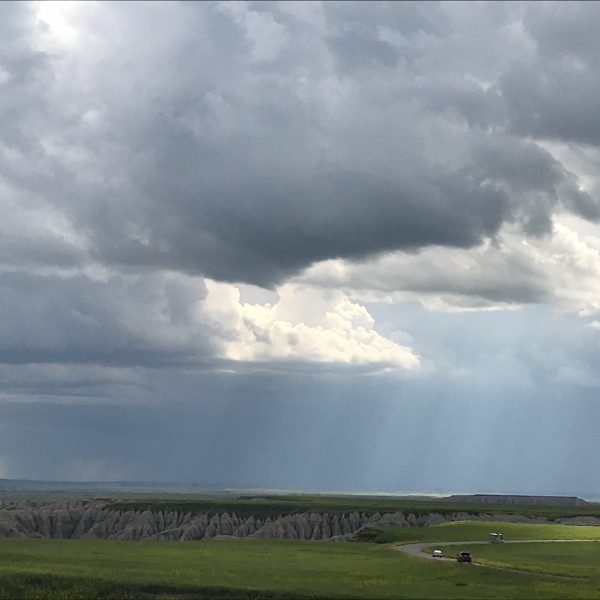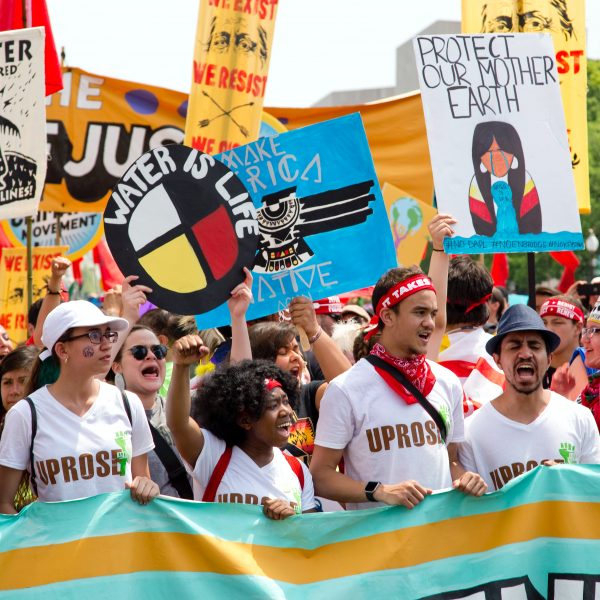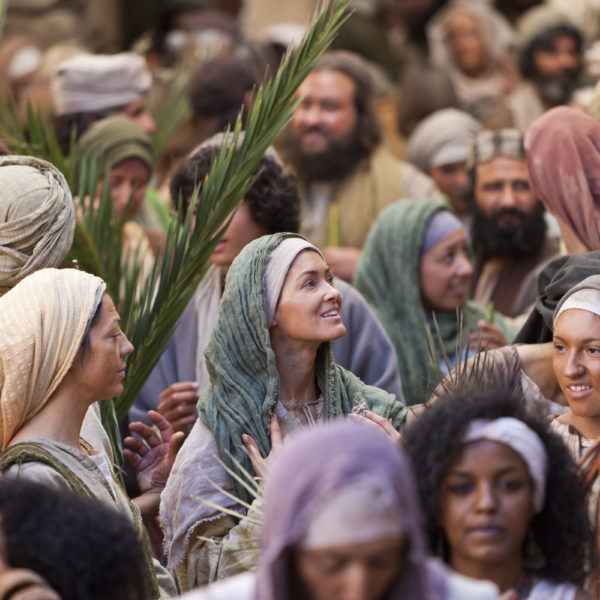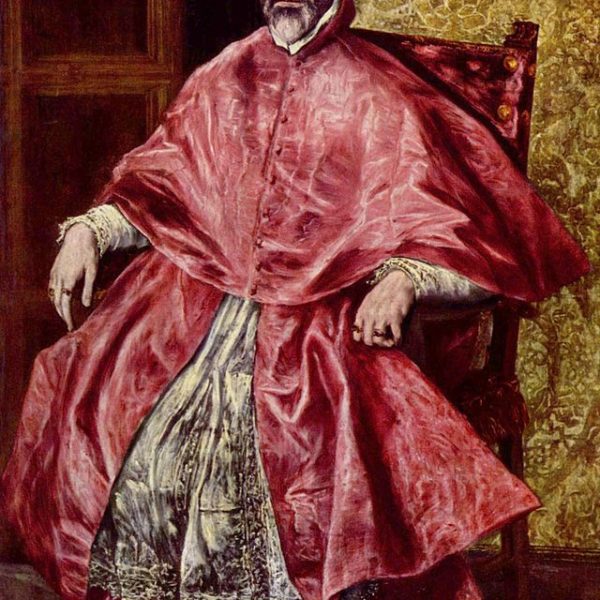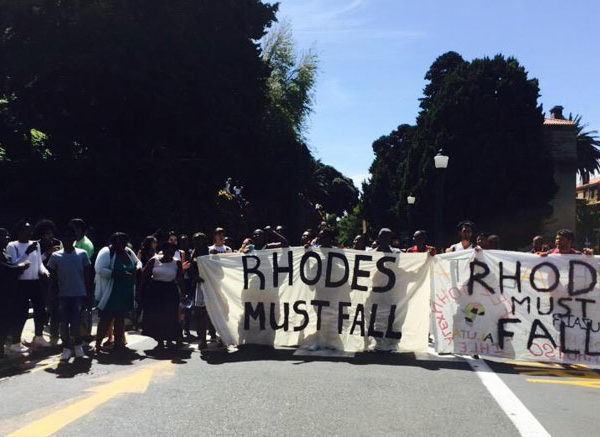
The Hindu nationalist project is out-and-out an Orientalist one. It is not indigenous. It is inspired almost entirely within a colonial, Orientalist framework of knowledge.
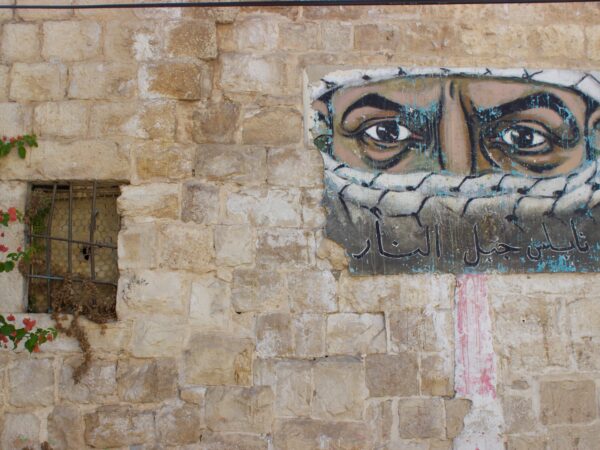
Mamdani’s latest book defends the promise of decolonization against the ongoing nationalist violence of modernity. Rafael Vizcaíno sits with the renowned Ugandan intellectual to discuss postcolonial and decolonial scholarship, the reform-revolution debate, anti-racism, and the example of South Africa.

The field has often shown a Eurocentric bias…As such, the field has left out important reflections on political theology during the anticolonial and postcolonial struggles in the Global South.
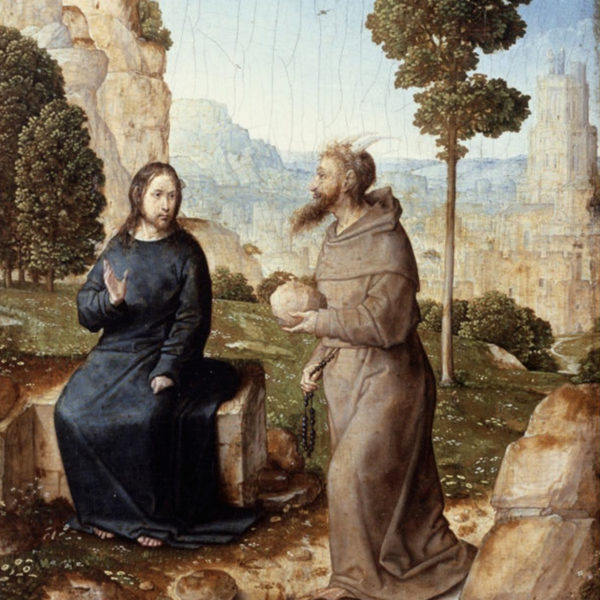
Fyodor Dostoyevsky in his masterpiece ‘The Grand Inquisitor’, as well as Lev Tolstoy in his The Gospel in Brief, both comment on, recapitulate, and in some manner ‘translate’, the story of Jesus’ temptation in the wilderness (Matt. 4:1-11; Mark 1:12-13; Luke 4:1-13) with varying interesting results. Let us compare Dostoyevsky, Tolstoy, and the Gospel accounts together to see how this story serves not only as Dostoyevsky saw them . . . nor only as Tolstoy saw them . . . but also as a profound critique of our current economic geopolitical situation, and pointing to our way out of the systems that enslave us.
